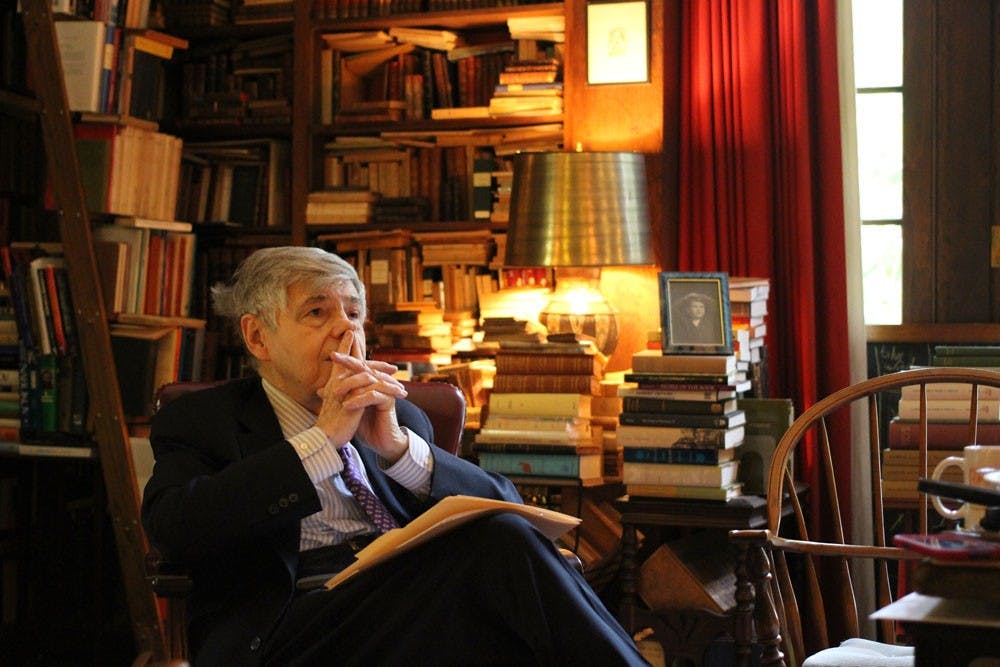Cultural Studies and Media Studies: Two Legacies of French Structuralism
October 14, 2025

This brief article is part of my introductory lecture for literature students in mainland China.
The theoretical legacy of French structuralism diverged into two prominent branches in the subsequent academic landscape. One, through the Anglo-American tradition of translation and reception, evolved into the trajectory of cultural studies, centered on the "culture-power" nexus. The other was reabsorbed into the German-speaking academic world, where it combined with native traditions of the philosophy of technology and media theory, shifting towards the problem-space of "technology-power."
In France itself, Althusser and Foucault were the key wellsprings for these two subsequent trajectories. Althusser's theory of ideology was channeled through British left-wing film theory in the 1970s and was further reinterpreted in the late 1970s and 1980s at the Birmingham Centre for Contemporary Cultural Studies, led by Stuart Hall. This process formed the classic paradigm of cultural studies, focusing on the intertwined mechanisms of humanity and culture, discourse and power.
Meanwhile, the 1966 conference on structuralism at Johns Hopkins University marked the systematic introduction of structuralism and post-structuralism into American academia. In the 1980s, British cultural studies began to intermingle with the strong native traditions of gender, race, and communication studies in the United States. This allowed cultural studies, as a broad interdisciplinary intellectual endeavor and practical stance, to form a current in the Anglo-American context centered on social agency, resistance, and negotiation, as well as the crucial issue of representation.
In the German-speaking world, however, the reception of Foucault followed a distinctly different path. From the earliest translations of his work, German academia was more inclined to absorb his analysis of power-knowledge-technology (Technik) rather than the cultural-political interpretations favored by Anglo-American cultural studies. This "technical Foucault" resonated with Germany's existing tradition of the philosophy of technology (from Heidegger to Simmel). Friedrich Kittler, along with his students and successors, consequently established the German school of media studies (or the Berlin School), which, around the turn of the millennium, evolved into the school of cultural techniques (Kulturtechnik). Their guiding questions shifted from the "culture, discourse, power" of cultural studies to "technology, apparatus, power."
During the 1980s and 1990s, this theoretical orientation towards materiality and technology resonated with other intellectual currents broadly termed posthumanism. On one hand, there was Bruno Latour in France with his Actor-Network Theory (ANT) and the concept of "nonhuman actors." On the other hand, there were figures in the United States like Donna Haraway and N. Katherine Hayles, who developed posthumanism and cyberfeminism. These approaches converged with German media theory in their shared concern, aiming to reveal how the technical and material dimensions of existence—those beyond human experience and control—shape human knowledge and perception.
By the 21st century, these two lineages began to reconverge in the United States and Northern Europe, forming a field of German-style media studies that runs parallel to Anglo-American cultural studies—or, more precisely, a "new materialist-posthumanist" theoretical complex. In any case, we can still discern its affinity with the anti-humanist spirit of its structuralist origins: a skepticism toward the status and agency of the human subject runs through it all. Arguably, cultural studies and media studies have, from two distinct paths, deepened the critique initiated by structuralism.
All Rights Reserved © Juntao Yang